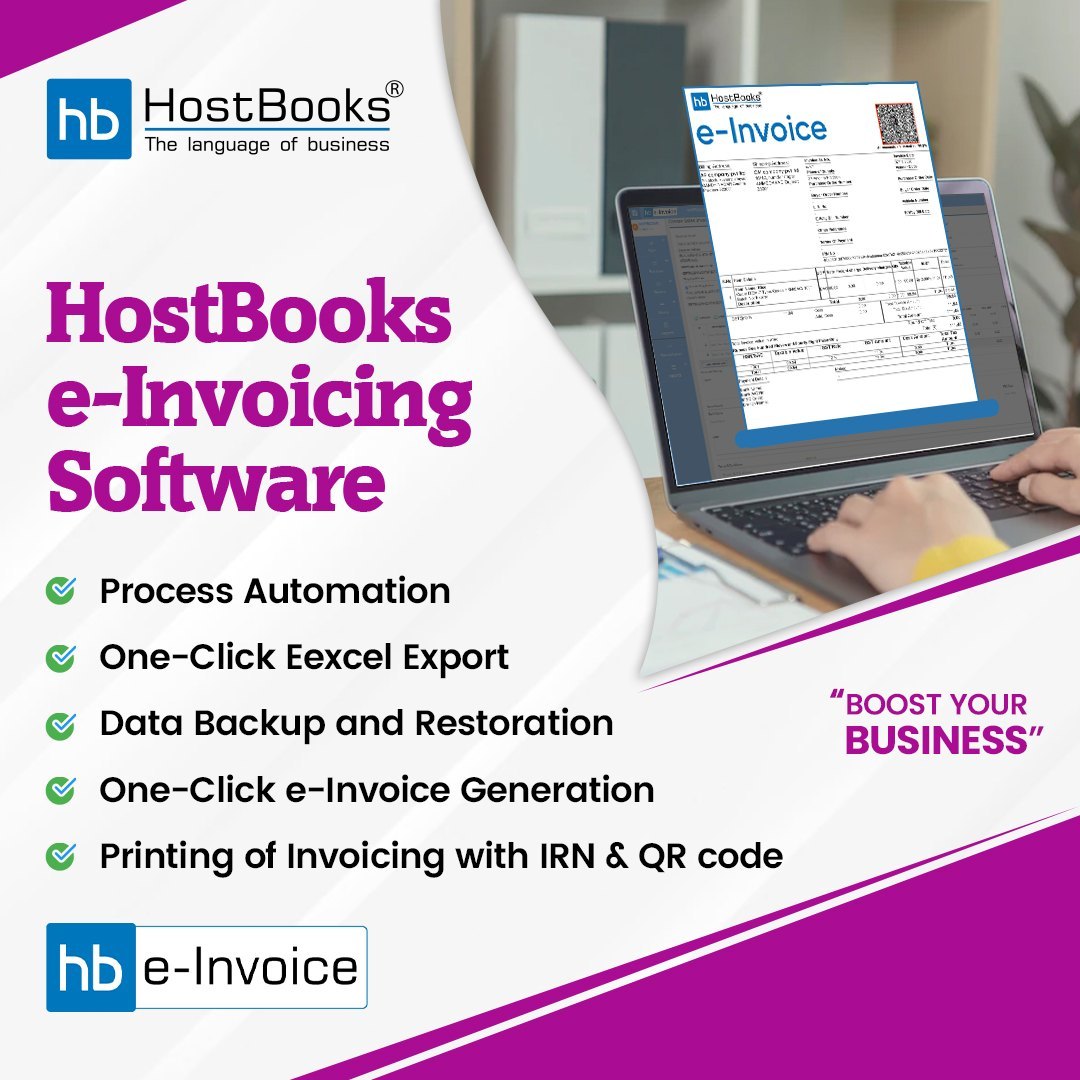Introduction
With the implementation of the Goods and Services Tax (GST), businesses in many countries, including India, have had to adapt to a new way of invoicing and tax compliance. GST Invoice Billing is a critical aspect of financial transactions, ensuring proper documentation of sales, purchases, and tax payments. Whether you’re a small business owner or managing large-scale operations, understanding GST invoicing is essential for smooth financial management and regulatory compliance.
This guide covers everything you need to know about GST invoice billing, including its importance, key components, compliance requirements, and how automation can streamline the process.
What is GST Invoice Billing?
A GST invoice is a document issued by a registered business to its customers when supplying goods or services. This invoice serves as proof of a transaction and includes details such as the seller’s and buyer’s GSTIN (Goods and Services Tax Identification Number), item descriptions, applicable tax rates, and total amounts.
GST invoices help businesses:
- Ensure tax compliance
- Claim input tax credits
- Maintain transparent financial records
- Avoid penalties due to incorrect tax reporting
Key Components of a GST Invoice
A valid GST invoice must include the following details:
- Invoice Number & Date: A unique, sequential number along with the date of issuance.
- Supplier Details: Name, address, and GSTIN of the seller.
- Recipient Details: Name, address, and GSTIN of the buyer (if applicable).
- HSN Code/SAC Code: Harmonized System of Nomenclature (HSN) code for goods and Services Accounting Code (SAC) for services.
- Description of Goods/Services: A detailed description of the items sold or services provided.
- Quantity & Unit Price: Number of units and price per unit of goods.
- Applicable GST Rates: Central GST (CGST), State GST (SGST), Integrated GST (IGST), or Union Territory GST (UTGST) as applicable.
- Total Amount: The total invoice value, including applicable GST.
- Signature: Physical or digital signature of the authorized supplier.
Types of GST Invoices
Businesses may need to issue different types of invoices under the GST framework, depending on the nature of the transaction:
- Tax Invoice
Issued by registered businesses when selling goods or services, allowing the buyer to claim an input tax credit.
- Bill of Supply
Used by businesses registered under the Composition Scheme, which do not charge GST separately.
- Debit Note & Credit Note
- Debit Note: Issued when the taxable value of goods or services increases after issuing the original invoice.
- Credit Note: Issued when the taxable value decreases due to discounts or returned goods.
- Receipt Voucher & Payment Voucher
- Receipt Voucher: Issued when advance payment is received before supplying goods or services.
- Payment Voucher: Issued when making tax payments to unregistered suppliers.
Compliance Requirements for GST Invoicing
To ensure legal compliance, businesses must:
- Generate invoices using GST-compliant billing software.
- Maintain records of all invoices for at least six years.
- Issue invoices within the prescribed time limits.
- Include all mandatory invoice details as per GST laws.
Non-compliance can lead to penalties and fines, making it essential to adhere to all invoicing regulations.
How Automation Simplifies GST Invoice Billing
Manual invoicing can be time-consuming and prone to errors. Automated GST invoice billing software simplifies the process by:
- Generating invoices quickly and accurately
- Auto-applying GST rates based on product categories
- Seamless integration with GST portals for return filing
- Reducing human errors and compliance risks
- Providing real-time reporting and financial insights
Choosing the Right GST Invoice Billing Software
When selecting an invoicing solution, consider the following factors:
- Ease of Use: A user-friendly interface for smooth navigation.
- Integration: Compatibility with accounting and ERP systems.
- Compliance Features: Automatic tax calculations and GST return filing.
- Security: Data encryption and multi-factor authentication for safe transactions.
- Customization: Options for invoice templates, branding, and multi-currency support.
Conclusion
GST invoice billing is a crucial aspect of business compliance and financial management. Understanding its components, compliance requirements, and leveraging automation can help businesses streamline their invoicing process and avoid tax-related complications.
By adopting cloud-based GST billing software, businesses can enhance accuracy, efficiency, and transparency, ensuring hassle-free tax compliance. Whether you’re a startup or a well-established enterprise, investing in an efficient invoicing system will pave the way for smoother operations and long-term financial success.


